
On Feb. 29, students from some of the nation’s top universities shared their experiences in dealing with antisemitism on campus since the Oct. 7 massacre in a bipartisan roundtable hosted by the U.S. House Committee on Education and the Workforce.
Columbia University student Eden Yadegar, whose parents fled from Iran 45 years ago, told the roundtable that she, a Middle East Studies and Jewish Studies double major, could not register for a course on Israel because it was taught by a professor who celebrated the Oct. 7 massacre as “awesome,” “jubilant” and an achievement. Yadegar proceeded to list various instances of antisemitism that have occurred on campus, including people shouting “F— the Jews” and bulletin boards being “smeared with posters promoting age-old antisemitic tropes depicting Jews and Israelis as animals.” She also claimed that university staff provided those conducting an unauthorized “teach-in” in the lobby of a university building on the Oct. 7 “counteroffensive” with umbrellas so they could hide their faces from being recorded. The university also asked Jews and Israelis to leave the building, Yadegar alleged.
Additionally, a “Jewish student was attacked with a stick outside of the library” and “another was surrounded by an angry mob who demanded ‘Keep f—ing running’ during an anti-Israel protest,” Yadegar said.
“At Columbia University, the Jewish community is alone,” she continued. “We are ostracized, mocked, harassed, assaulted and scapegoated, simply because of our identities. Students have removed their kippot and Jewish star necklaces for fear of becoming a target on campus. We cautiously map the routes we take to class to avoid being yelled at, spit on, accused of committing genocide, or threatened by calls for genocide. We have received no support from our administration, and minimal from our non-Jewish professors and the majority of our non-Jewish peers.”
Cooper Union student Jacob Khalili recalled being inside the school library in October when anti-Israel protesters banged on the locked doors and glass walls of the library while espousing “hateful chants … Some of my friends were crying, and several of us were texting loved ones and alumni for help,” he said. “Some called the police. Neither campus security nor police removed the demonstrators. To our relief, the demonstrators eventually left the building.”
Additionally, “we were later shocked to learn that President Sparks was offered but refused police intervention,” Khalili continued. “We were also told by a member of administration that, to avoid the demonstrators, President Sparks herself had ducked out of the building through a back exit.”
To this day, none of the protesters involved in that incident have been disciplined by the school, claimed Khalili.
UC Berkeley student Hannah Beth Schlacter gave a lengthy testimony on the “25-year history of anti-Jewish hostility,” including the recent Feb. 26 incident when pro-Palestinian protesters shut down a scheduled lecture of Israeli attorney and former Israel Defense Force (IDF) member Ran Bar-Yoshafat. “Instead of terminating the mob and forcing the riot to end by removing protesters, UCPD [UC Berkeley Police Department] forced the Jewish students to cancel their event. Jewish students were then evacuated for their safety,” said Schlachter. “The consistent message the university put forth afterwards was that they were understaffed — they did not have more police officers to send — and that the event was unprecedented. Despite all of this, it is crucial to note that when Jewish students first raised concerns for their safety regarding the event, UCPD said they would not bring security. More alarming, when Jewish students shared images with the police of what was promoting the riot — including fighting language, reference to a specific time and place — the police did not treat it as a direct threat.”
Harvard student Shabbos Kestenbaum, a descendant of Holocaust survivors, recounted several antisemitic incidents on campus in January, including posters calling for the release of the hostages being vandalized with messages like “Israel did 9/11” scrawled on the posters; a poster of baby Kfir Bibas had “evidence needed, head still on” written on it. The university has not done anything about this incident, Kestenbaum said. Kestenbaum also alleged that a “Harvard employee posted a video to his social media waving a machete with a picture of my face and other prominent Jewish activists, declaring his intention to ‘fight’ and ‘have a master plan that he won’t get into right now.’” Despite reporting this employee to Harvard, the university still employs this person, Kestenbaum claimed.
Following the now-infamous testimony of then-Harvard President Claudine Gay, who said it “depends on the context” whether calls for genocide against Jews violate university policy, the university formed an “Antisemitism Advisory group” that “disbanded” because it “was so remarkably ineffective,” Kestenbaum said. Now the university has a new Antisemitism Task Force that “is so remarkably ineffective that its most effective member and co-chair, Raffaella Sadun, recently resigned. The other co-chair, Derek Penslar, has claimed that antisemitism at Harvard is ‘exaggerated.’” Kestenbaum later added: “I know of Jewish students at Harvard who do not wear their kippahs publicly anymore, have changed majors due to hostile anti-Israel environments, have been spat on for their religious identity, and more.”
“We are not Jews with trembling knees … We are proud Jews who carry with us the tradition of resilience in the face of persecution, and we will not be silenced.” – Eden Yanegar
But the students remain undeterred in their fight. “We are not Jews with trembling knees,” Yadegar declared. “We are proud Jews who carry with us the tradition of resilience in the face of persecution, and we will not be silenced.”
The other students that testified were Joe Gindi from Rutgers University, Kevin Feigelis from Stanford University, Noah Rubin from the University of Pennsylvania, Talia Khan from MIT and Yasmeen Ohebsion from Tulane University. Their testimonies were not under oath.
Rep. Virginia Foxx (R-N.C.), who chairs the committee, said before the students shared their testimonies, “Even after December’s hearing, university leaders are still not correcting course. Let me be clear: This is not about policing speech or opinions, even if disagreeable or offensive. It is about protecting Jewish students from the harassment, threats, intimidation, and assaults plaguing their campuses — as universities are obligated to under Title VI but have repeatedly failed to do. That failure is unacceptable.” Foxx also lauded the students’ “leadership in combating antisemitism on your campuses and having the courage to speak out. Your testimonies will help inform the Committee’s ongoing investigation into antisemitism in postsecondary education.”








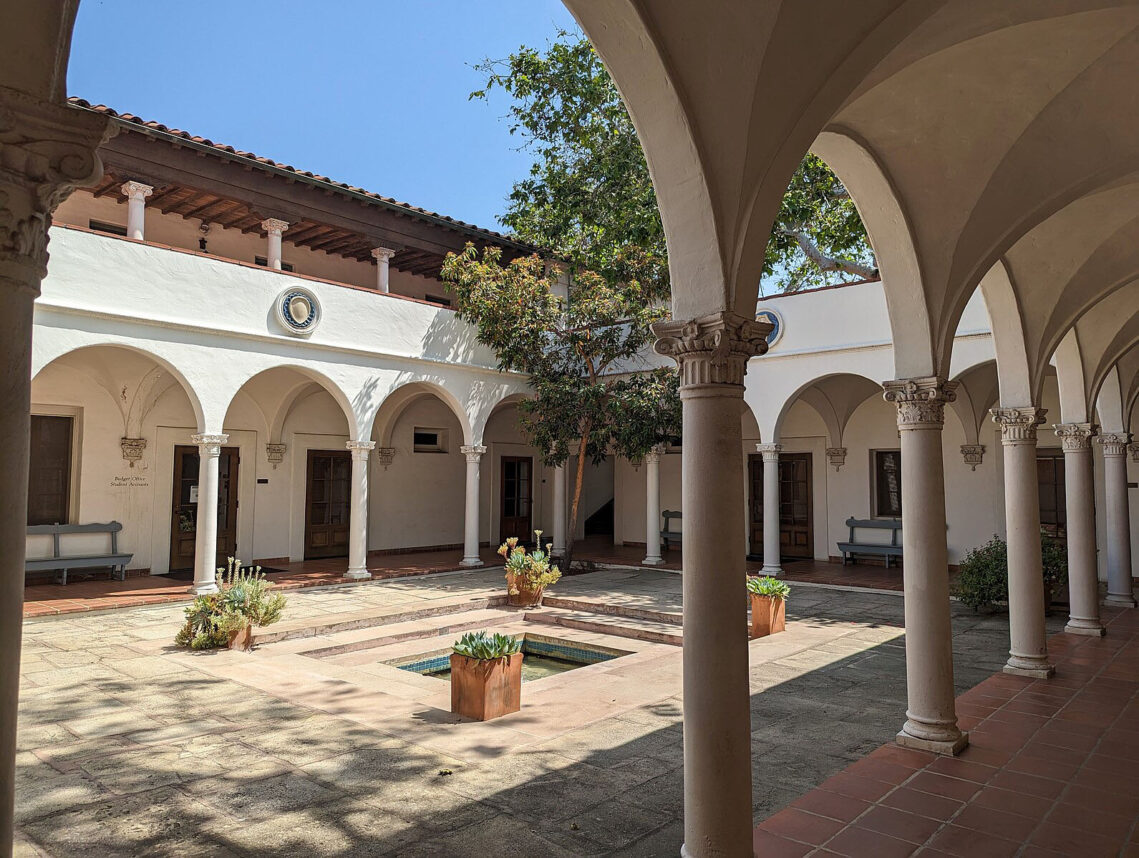
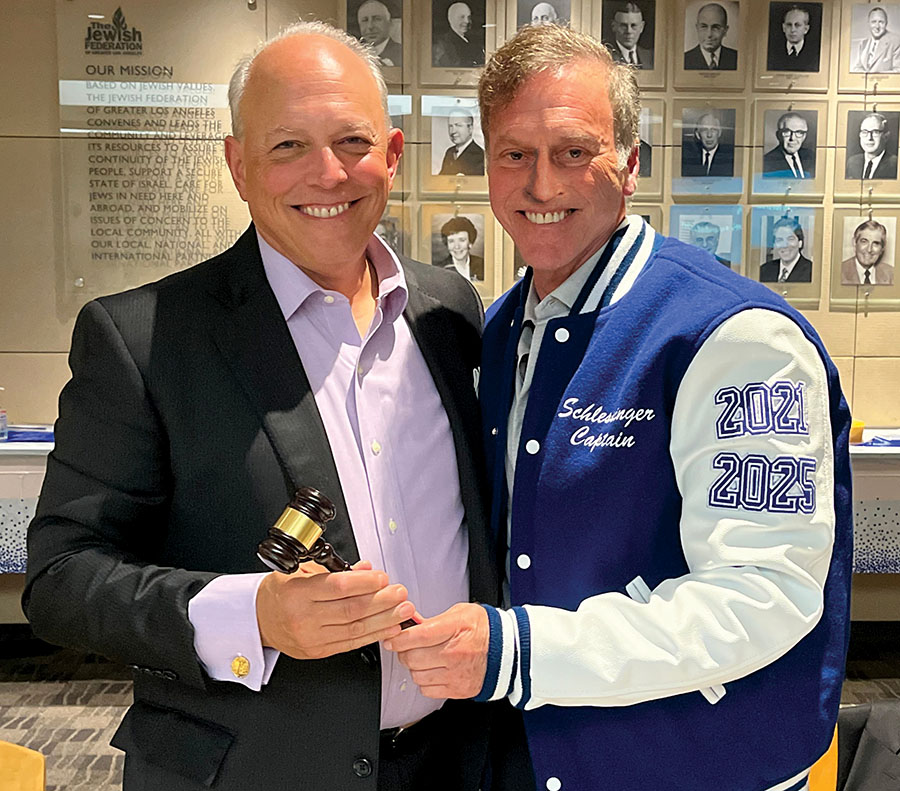
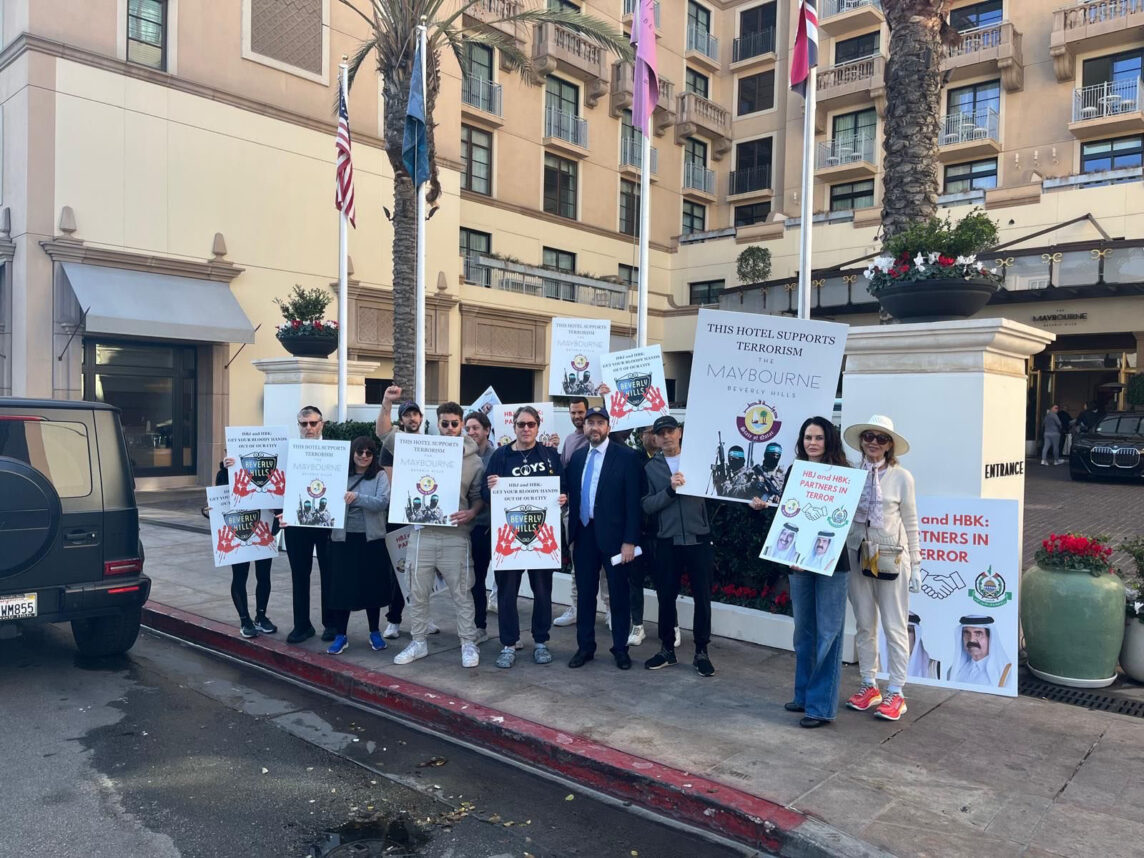
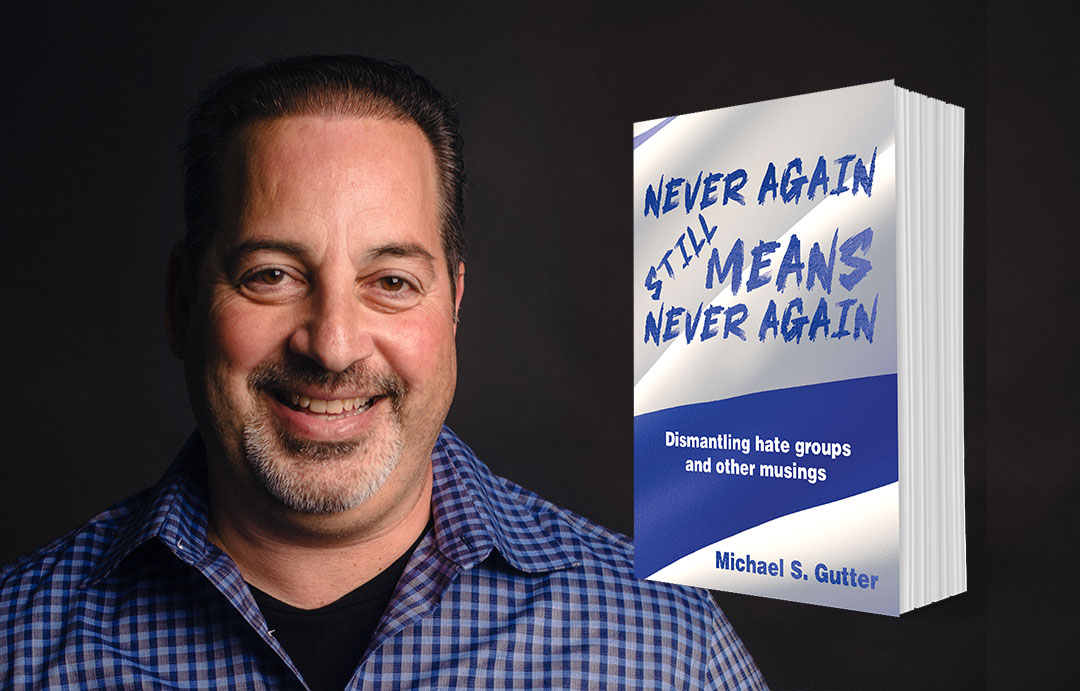
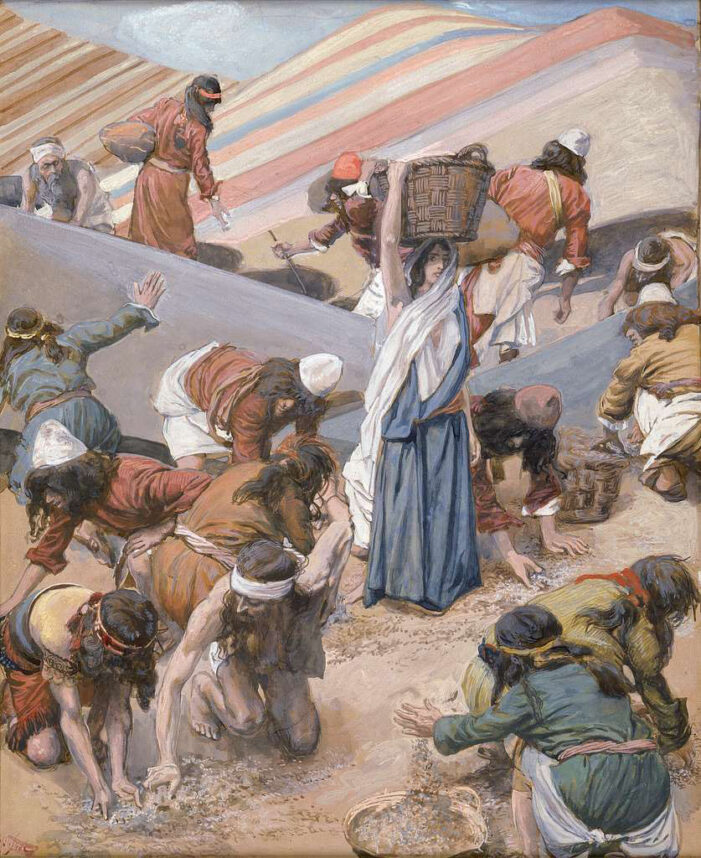
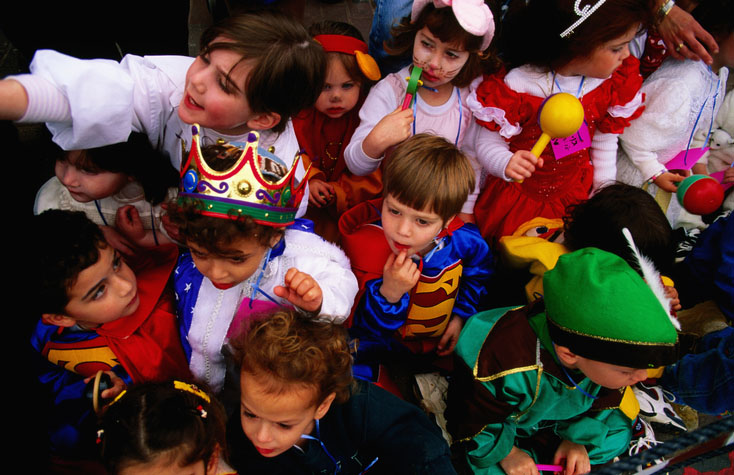
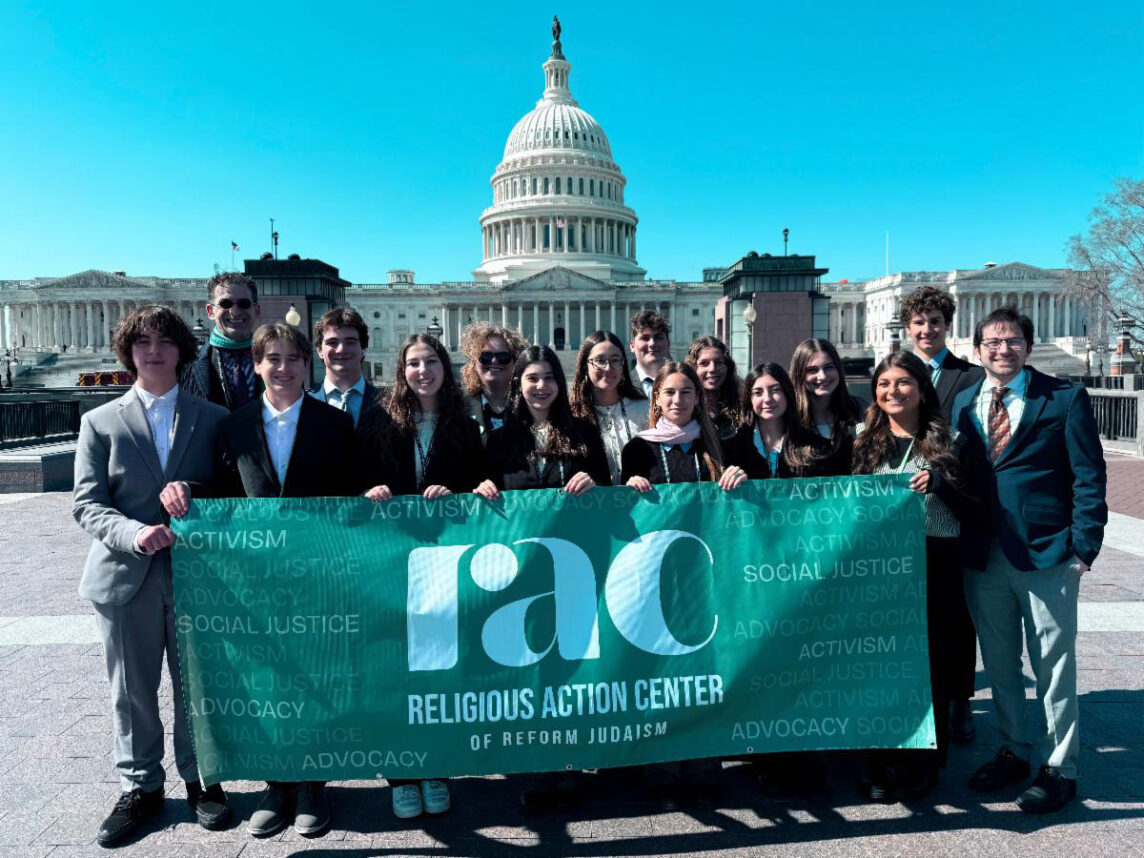
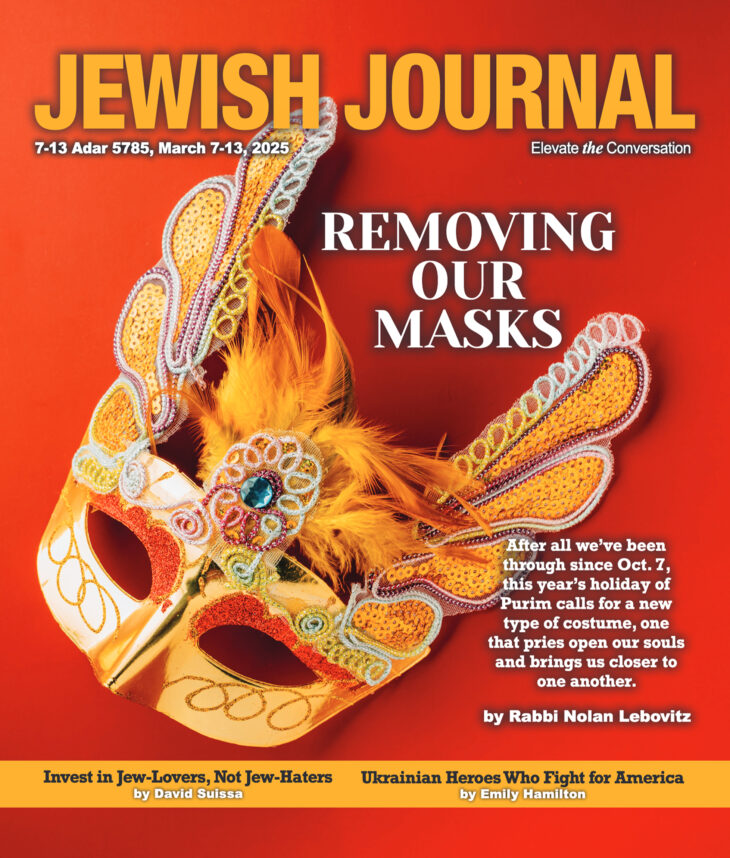
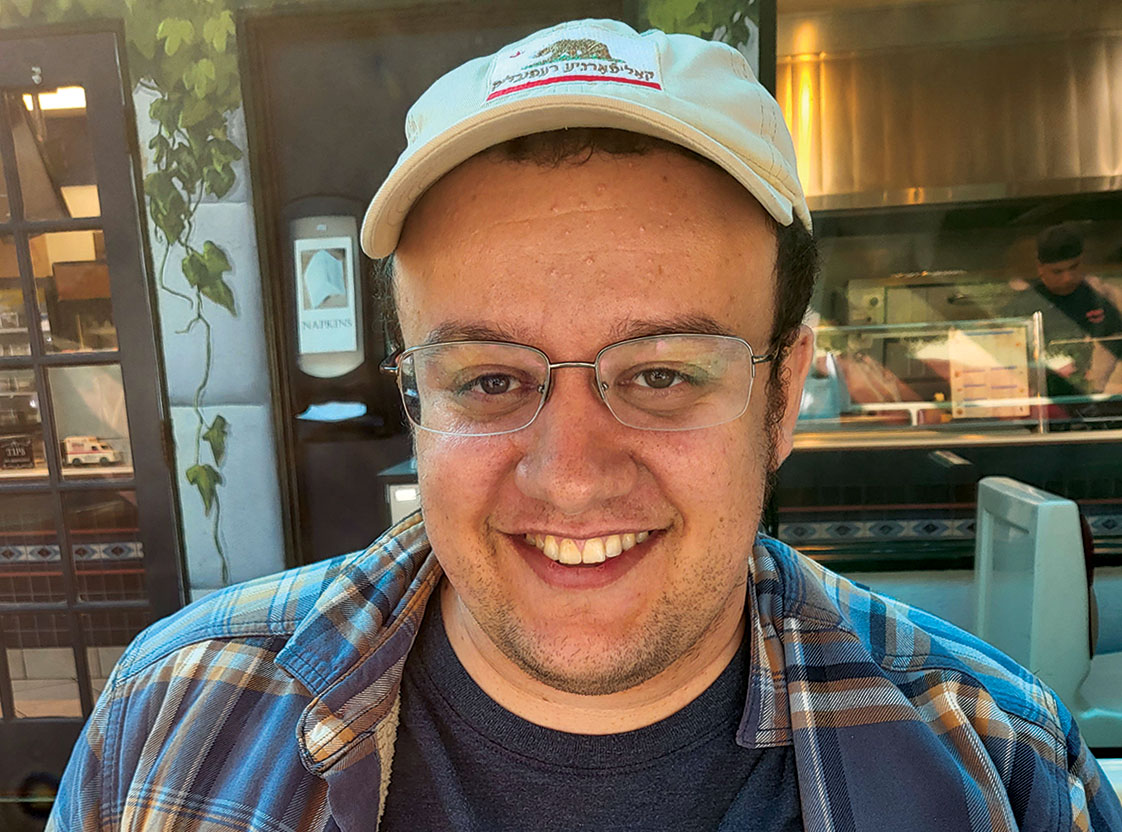




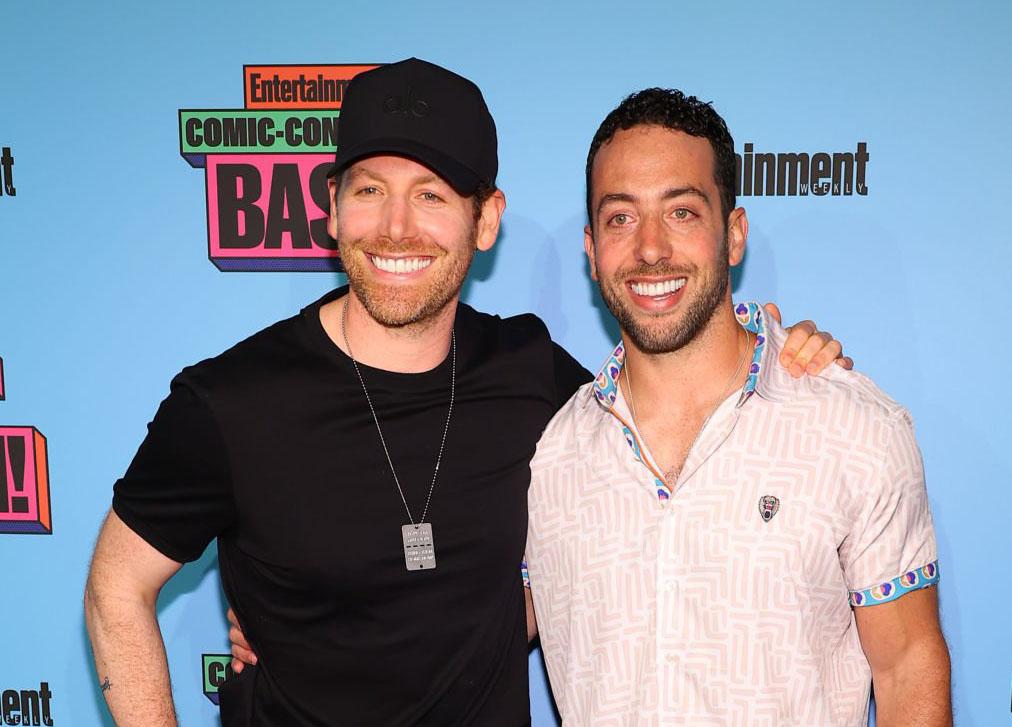


 More news and opinions than at a Shabbat dinner, right in your inbox.
More news and opinions than at a Shabbat dinner, right in your inbox.